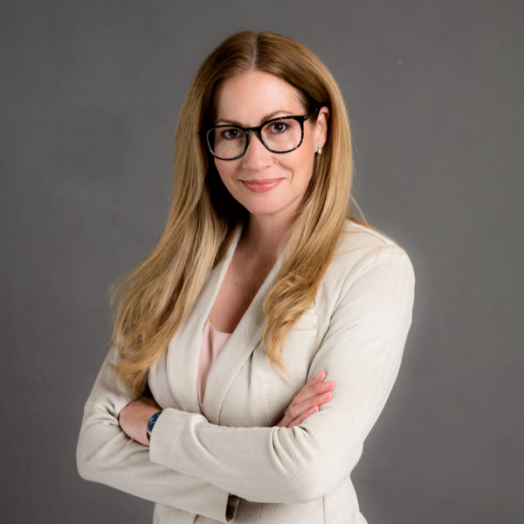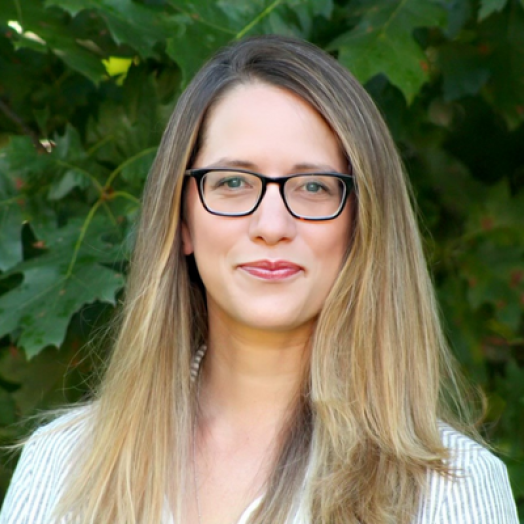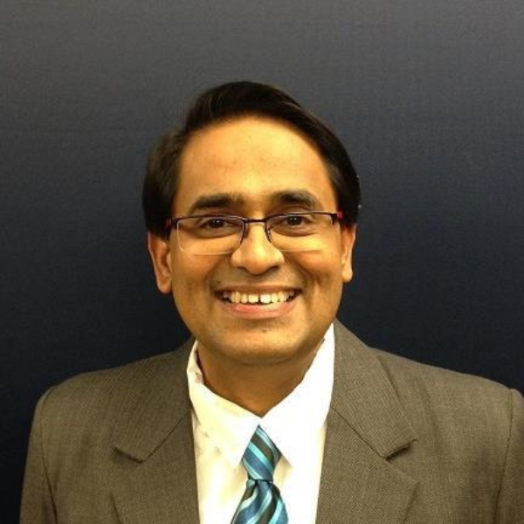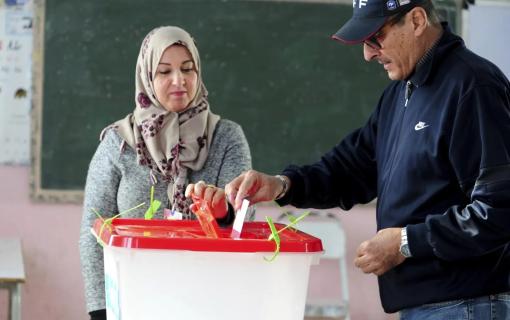
Securing Elections: Foreign Meddling, Fake News and Political Violence
As a prelude to the American Political Science Association’s (APSA) annual meeting, the Electoral Integrity Project held a pre-APSA workshop, “Securing Elections: Foreign Meddling, Fake News and Political Violence,” at the International Foundation for Electoral Systems (IFES) headquarters on Wednesday, August 28. IFES co-sponsored the event alongside the Massachusetts Institute of Technology Election Data and Science Lab, the Electoral Integrity Project, the Electoral Management Network and RC 23: Elections, Citizens and Parties. The daylong event brought together more than 120 scholars and practitioners from around the globe to consider how elections can be protected from the variety of security threats that emerge during the electoral cycle. As a leader in the field of international elections, IFES recognizes the rising impact of new threats to electoral security. In his opening remarks, IFES Senior Director of Research, Learning and Strategy Chad Vickery expressed that this workshop aligns with IFES’ mission and is an opportunity to connect practitioners and experts for dialogue on an issue of increasing importance to IFES’ work.
Across the world, democracy continues to be threatened by a constellation of new hostile forces intent on eroding the freedoms and values that are the fabric of democratic societies. Authoritarian leaders use sham elections to cling to power and interfere in and subvert democratic systems elsewhere. Technology is weaponized, and social media platforms and the hardware and software of elections are battlefields in the fight to promote democracy and freedom. Cybersecurity remains paramount as new challenges arise from artificial intelligence and quantum computing. This manipulation of new media has created an information war in which democratic institutions struggle to ensure citizens’ access to accurate information.
Scholars and practitioners shared their current research related to these emerging trends through structured paper presentations. Each session was led by an academic chair and a practitioner discussant, who provided analysis of the papers in terms of their relevance to programmatic trends and opportunities. These sessions provided a platform for future collaboration across sectors. Topics discussed included cybersecurity and technology in elections; election interference; election law and justice; cross-national perspectives on electoral violence; disinformation and fake news; and electoral management. IFES papers were presented by Senior Legal Advisor Katherine Ellena and Director of Research and Technical Leadership Erica Shein (Leadership in Crisis: Ensuring Independence, Ethics, and Resilience in the Electoral Process); Regional Director for Asia-Pacific Vasu Mohan (The Race Against SARA and Hoaxes in Indonesian Elections); and Gender Advisor Dr. Gabrielle Bardall (Violence Against Women in Politics Online: Contours of an Assault on Democracy).
The event culminated in a practitioner roundtable that convened practitioners, academics and representatives from the technology industry to discuss existing and future areas for collaboration to enhance the integrity of elections. The roundtable featured the Design 4 Democracy Coalition, a growing group of democracy and human rights organizations committed to ensuring that the technology industry embraces democracy as a core design principle, joined by representatives from Microsoft and Facebook to share details of ongoing collaborations. The panel was moderated by Josh Tucker, co-director of the New York University Social Media and Political Participation Lab, which works to better understand the intersection of social media and politics.














